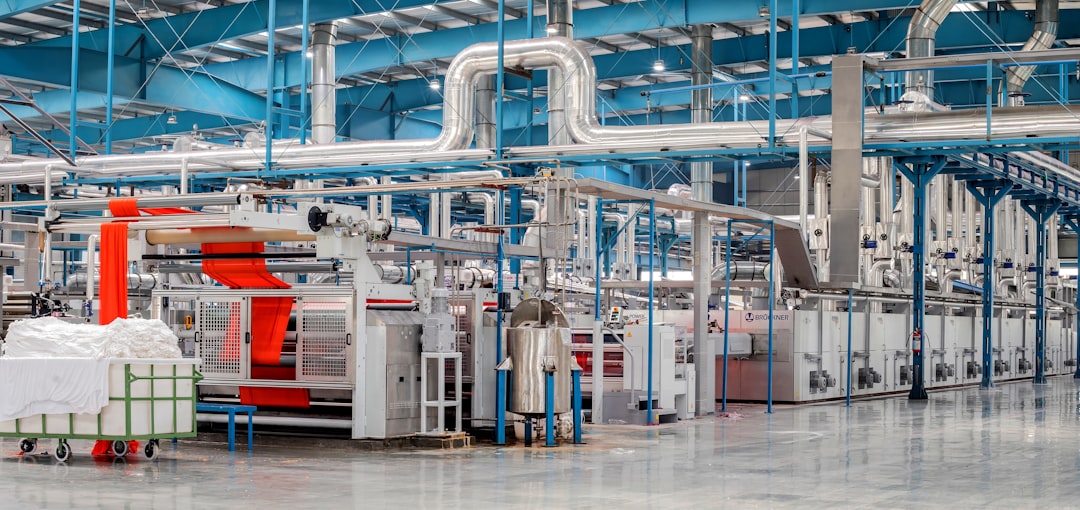The future of smart factories and the Internet of Things (IoT) in manufacturing is an exciting and rapidly evolving area that promises to revolutionize the way goods are produced. As technology continues to advance, more and more manufacturers are embracing IoT to streamline operations, increase efficiency, and reduce costs. In this blog post, we will explore the key trends shaping the future of smart factories and the role of IoT in manufacturing.
One of the most significant trends in smart factories is the increasing adoption of IoT devices and sensors. These devices are interconnected and can communicate with each other to collect and share data in real-time. This connectivity enables manufacturers to monitor their production processes in real-time, identify and address issues quickly, and optimize their operations for maximum efficiency.
IoT devices can also be used to automate various tasks in the manufacturing process, such as equipment maintenance, inventory management, and quality control. For example, sensors can be installed on machinery to monitor their performance and detect any potential issues before they cause a breakdown. This proactive approach to maintenance helps to prevent costly downtime and ensures that production runs smoothly.
Another key trend in smart factories is the use of big data analytics to gain insights into manufacturing processes. By collecting and analyzing data from IoT devices, manufacturers can identify patterns, trends, and opportunities for improvement. This data-driven approach allows manufacturers to make informed decisions, optimize their processes, and drive continuous improvement.
One of the key benefits of using IoT in smart factories is the ability to create a more flexible and agile production process. IoT devices can be used to monitor demand in real-time, adjust production schedules accordingly, and optimize inventory levels. This flexibility allows manufacturers to respond quickly to changing market conditions and customer demands, reducing lead times and improving customer satisfaction.
In addition to improving efficiency and flexibility, IoT also has the potential to enhance product quality and safety in manufacturing. By monitoring the production process in real-time and collecting data on key parameters, manufacturers can identify potential defects and inconsistencies early on. This early detection allows them to take corrective action before defective products reach the market, reducing the risk of recalls and protecting brand reputation.
Looking ahead, the future of smart factories and IoT in manufacturing is likely to be driven by advancements in artificial intelligence (AI) and machine learning. These technologies can be used to analyze vast amounts of data, identify patterns, and make predictions about future outcomes. By integrating AI into IoT devices, manufacturers can create predictive maintenance models, optimize production schedules, and automate decision-making processes.
Another key trend shaping the future of smart factories is the adoption of cloud-based solutions. Cloud computing enables manufacturers to store, access, and analyze data from IoT devices in real-time, regardless of their location. This flexibility allows manufacturers to scale their operations easily, collaborate with partners and suppliers, and access cutting-edge technologies without the need for significant investment in infrastructure.
In conclusion, the future of smart factories and IoT in manufacturing is bright and full of possibilities. As technology continues to advance, manufacturers will have the opportunity to leverage IoT devices, big data analytics, AI, and cloud computing to create more efficient, flexible, and agile production processes. By embracing these trends, manufacturers can stay ahead of the competition, drive innovation, and create new opportunities for growth and success in the rapidly evolving manufacturing industry.

